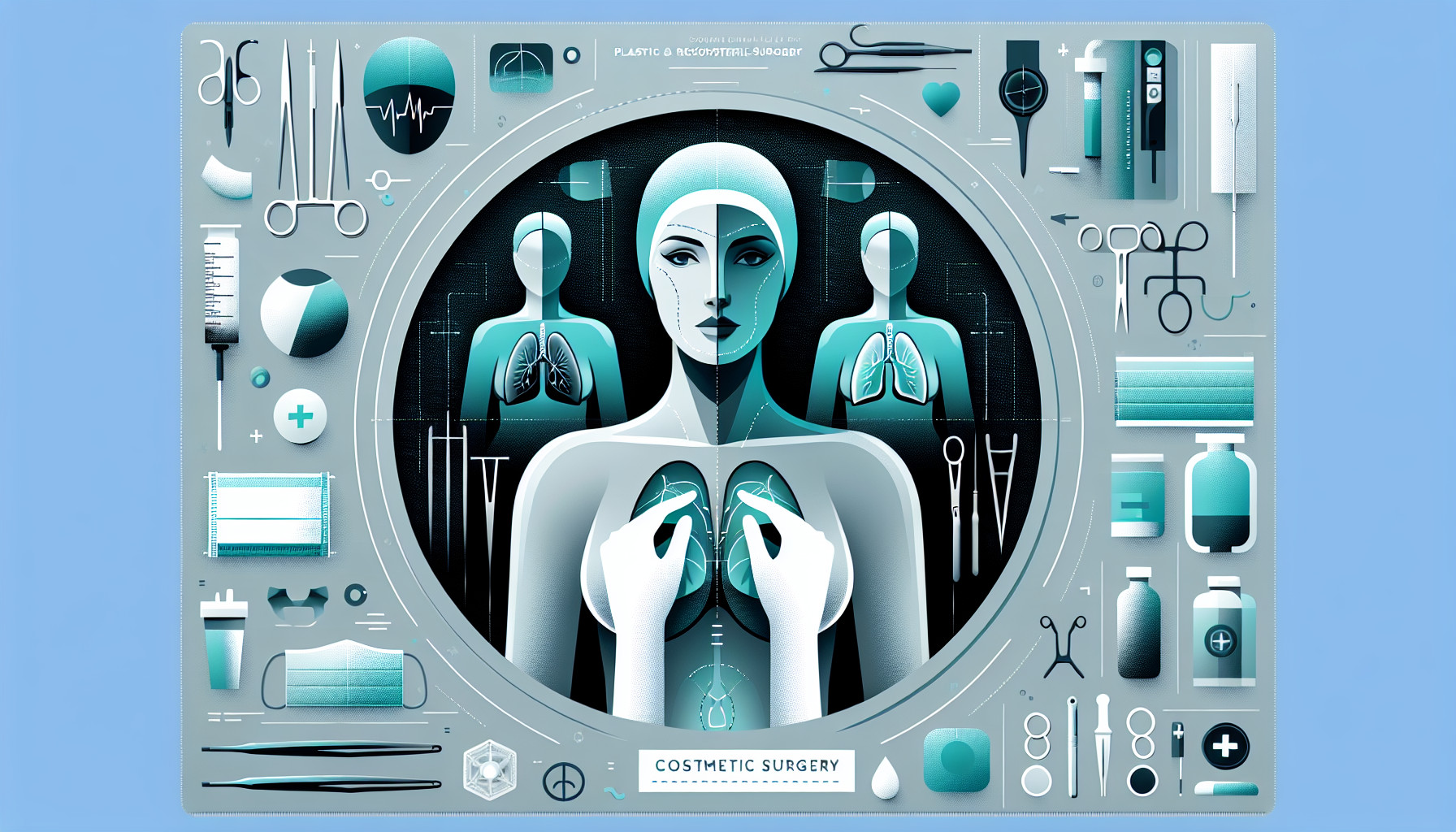Our Summary
This research paper is about a test conducted by a group of researchers on an artificial intelligence system called ChatGPT, developed by OpenAI. The goal was to see how accurately this system could generate new ideas for systematic reviews in the field of cosmetic surgery. Systematic reviews are comprehensive surveys of a specific topic that gather all the existing research to summarise the current state of knowledge.
The researchers had the AI produce twenty new review ideas for twelve separate cosmetic surgery topics (240 in total). They then checked the accuracy of these ideas by cross-referencing them with existing research databases.
The results showed that the AI was 55% accurate overall. When the ideas were divided into “general” and “specific,” the AI was more accurate with specific ideas (75%) than with general ones (35%).
The researchers concluded that ChatGPT is a useful tool that could be beneficial in various areas of plastic surgery, such as patient consultations, support, and marketing. They suggest that as AI technology continues to advance, it should be considered for use in clinical practice.
FAQs
- What was the main goal of the test conducted on the artificial intelligence system, ChatGPT, developed by OpenAI?
- What was the AI’s accuracy in generating new ideas for systematic reviews in cosmetic surgery?
- How did the researchers suggest ChatGPT could be utilized in the field of plastic surgery?
Doctor’s Tip
One helpful tip a doctor might tell a patient considering cosmetic surgery is to thoroughly research the procedure, the potential risks and benefits, and the qualifications of the surgeon performing the surgery. It’s important to have realistic expectations and to communicate openly with the surgeon about your goals and concerns. Additionally, make sure to follow all pre and post-operative care instructions to ensure the best possible outcome.
Suitable For
In terms of the types of patients typically recommended for cosmetic surgery, it is important to note that each individual case is unique and should be assessed by a qualified medical professional. However, there are some common characteristics that may make a patient a good candidate for cosmetic surgery.
Patients with realistic expectations: It is important for patients to have realistic expectations about the outcomes of cosmetic surgery. They should understand that cosmetic procedures can improve their appearance, but may not necessarily result in perfection or a complete transformation.
Patients in good overall health: Patients should be in good overall health before undergoing cosmetic surgery. This includes being at a stable weight, not smoking, and being free from any underlying medical conditions that could increase the risks associated with surgery.
Patients with specific concerns: Cosmetic surgery is often recommended for patients who have specific concerns about their appearance that are affecting their self-esteem and quality of life. Common concerns include wrinkles, sagging skin, excess fat, or asymmetry in facial features.
Patients with realistic goals: Patients should have clear and achievable goals for their cosmetic surgery. It is important for them to communicate their desired outcomes with their surgeon and work together to develop a treatment plan that aligns with their goals.
Patients who have done their research: Patients considering cosmetic surgery should take the time to research different procedures, potential risks, and the qualifications of their surgeon. Being well-informed can help patients make confident decisions about their treatment.
Ultimately, the decision to undergo cosmetic surgery should be made in consultation with a qualified and experienced plastic surgeon. Patients should feel comfortable discussing their concerns, goals, and expectations with their surgeon to ensure they are making an informed choice that is right for them.
Timeline
Before cosmetic surgery:
- Consultation: The patient meets with a plastic surgeon to discuss their goals, expectations, and options for surgery.
- Pre-operative assessment: The patient undergoes a physical examination, medical history review, and any necessary tests to ensure they are a suitable candidate for surgery.
- Decision-making: The patient decides on the type of procedure, timing, and cost with the guidance of the surgeon.
- Preparing for surgery: The patient receives instructions on how to prepare for surgery, including fasting, avoiding certain medications, and arranging for transportation to and from the surgical facility.
After cosmetic surgery:
- Recovery: The patient experiences pain, swelling, bruising, and discomfort in the days following surgery.
- Follow-up appointments: The patient visits the surgeon for post-operative check-ups to monitor healing and address any concerns.
- Results: The patient gradually sees the final results of the surgery as swelling subsides and incisions heal.
- Maintenance: The patient follows post-operative care instructions to ensure optimal results and minimize complications.
- Long-term satisfaction: The patient enjoys the benefits of the cosmetic surgery and may undergo additional procedures in the future to maintain their desired appearance.
What to Ask Your Doctor
Some questions a patient should ask their doctor about cosmetic surgery include:
- What are the potential risks and complications associated with the procedure?
- What is the recovery process like, and how long can I expect it to take?
- How many times have you performed this specific procedure, and what is your success rate?
- Can you show me before and after photos of previous patients who have undergone the same procedure?
- What type of anesthesia will be used during the surgery, and who will be administering it?
- What are the expected results, and are there any limitations or potential side effects?
- What are the alternatives to surgery, and how do they compare in terms of results and recovery?
- How much will the procedure cost, and will insurance cover any part of it?
- What post-operative care will be required, and how soon can I resume normal activities?
- Are there any lifestyle changes I should make before or after the surgery to optimize results?
Reference
Authors: Gupta R, Park JB, Bisht C, Herzog I, Weisberger J, Chao J, Chaiyasate K, Lee ES. Journal: Aesthet Surg J. 2023 Jul 15;43(8):930-937. doi: 10.1093/asj/sjad069. PMID: 36943815
